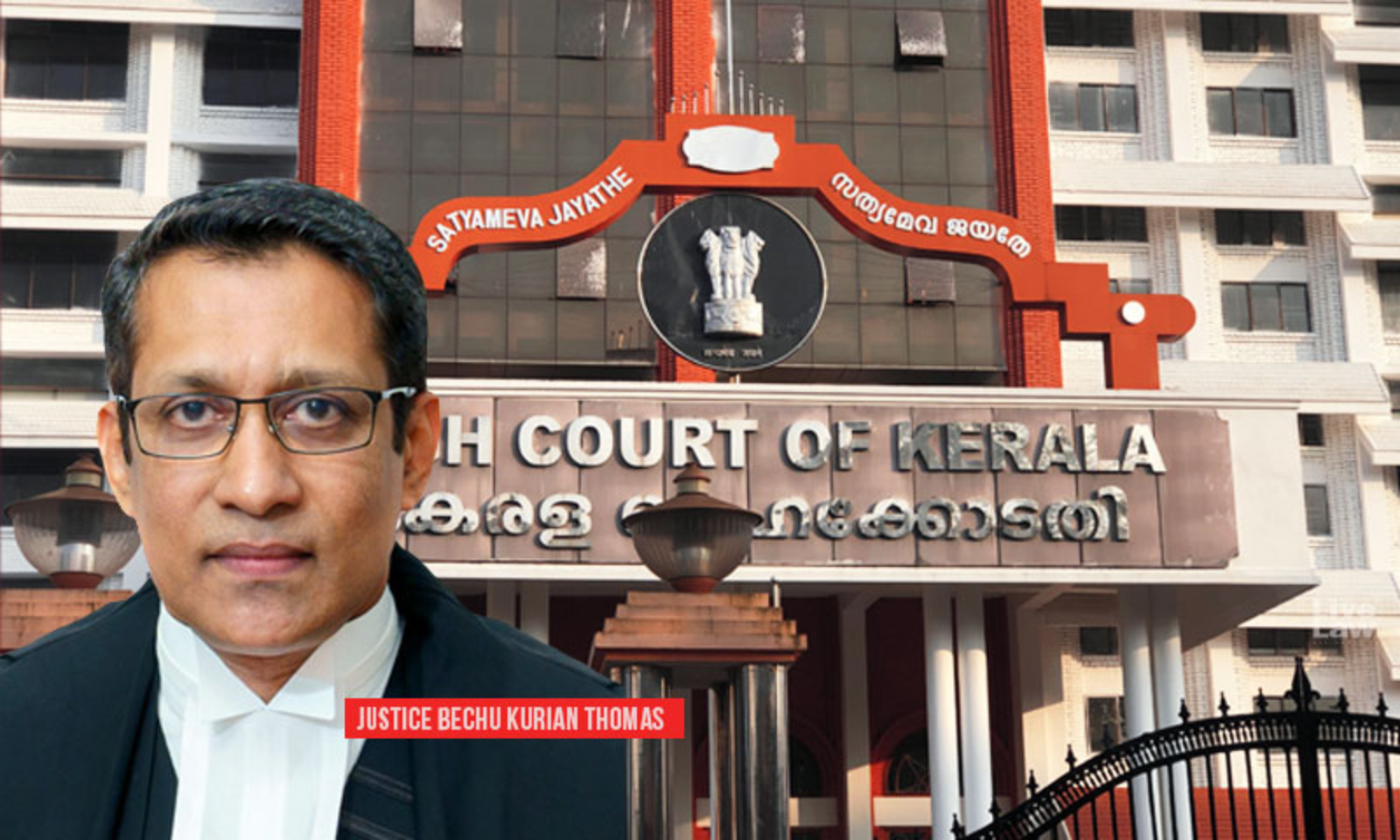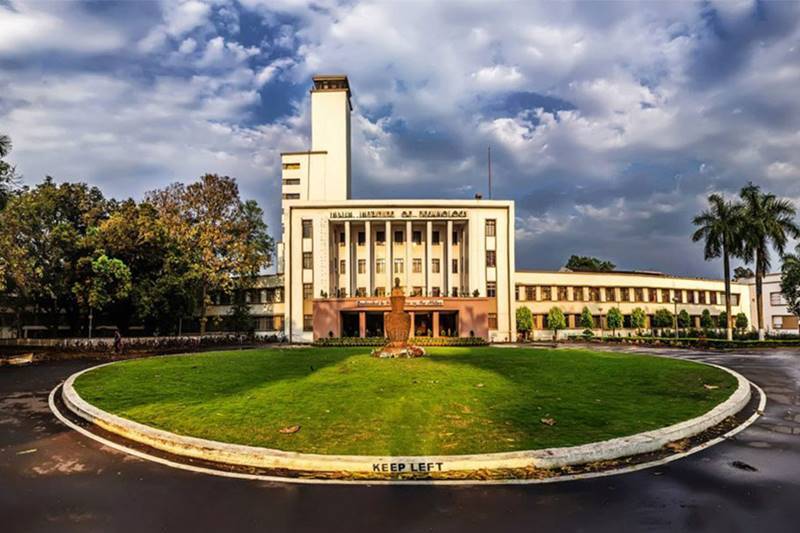Trigger Warning: Rape, Child Abuse
The Kerala high court has denied the plea of a 31-year-old man accused of raping and impregnating a 15-year-old girl, legally a minor. The bail plea was based on the validity of their marriage according to the Shariat, Muslim Personal Law. The Kerala High Court declared that a marriage between Muslims under personal law is not exempted from the POCSO Act’s purview.
“Admittedly, the petitioner is the husband of the victim and looking at these facts and circumstances, there is no serious dispute regarding the marriage as the petitioner himself has produced the relevant documents before the trial.”
Kerala High Court
The case was reported by a Family Health Centre at Kaviyoor in the Pathanamthitta district when the girl went for an injection for her pregnancy. On finding out that the girl was below the age of 18 years, the Medical Officer decided to inform the police.
The accused is said to have married the 15 -year-old girl without the knowledge of her parents. The man’s petition was on the argument that he had lawfully married the girl under the personal laws applicable to him, citing examples of the Delhi and Haryana court rulings in the past that did not consider child marriage under the jurisdiction of Child Protection. “Admittedly, the petitioner is the husband of the victim and looking at these facts and circumstances, there is no serious dispute regarding the marriage as the petitioner himself has produced the relevant documents before the trial,” the bench noted.
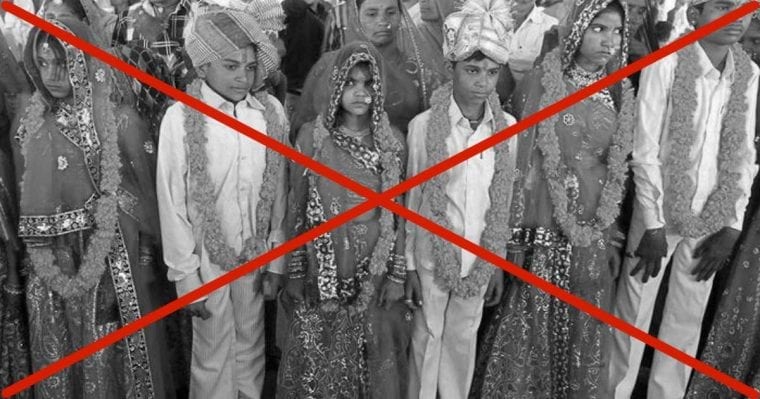
Earlier this year, in Javed v. State of Haryana, the Punjab and Haryana high court ruled that marriage of a girl of 15 years or older to someone with consent is permissible under the Shariat. The marriage will not be considered null and void under the Prohibition of Child Marriage Act 2006. 26-year-old Javed filed a habeas corpus petition against the detention of his 16-year-old wife in a children’s home. The court overruled the detention and declared their marriage lawful since both parties were Muslims, despite the fact that the girl was under the age of 18.
Also read: Here’s Why Child Sexual Offenders Should Be Charged Under POCSO & Not IPC
The Karnataka High Court rejected a POCSO complaint filed against a Muslim man for impregnating his minor wife. The lawsuit was initiated based on a suo moto complaint filed after getting information from BGS Global hospital that the pregnant female was 17 years and 2 months old. The husband filed a petition claiming that their marriage was legitimate under Mohammedan law.
Justice Bechu Kurian disagreed with the previous two high court rulings and claimed that POCSO Act will prevail over the Muslim Personal Law.
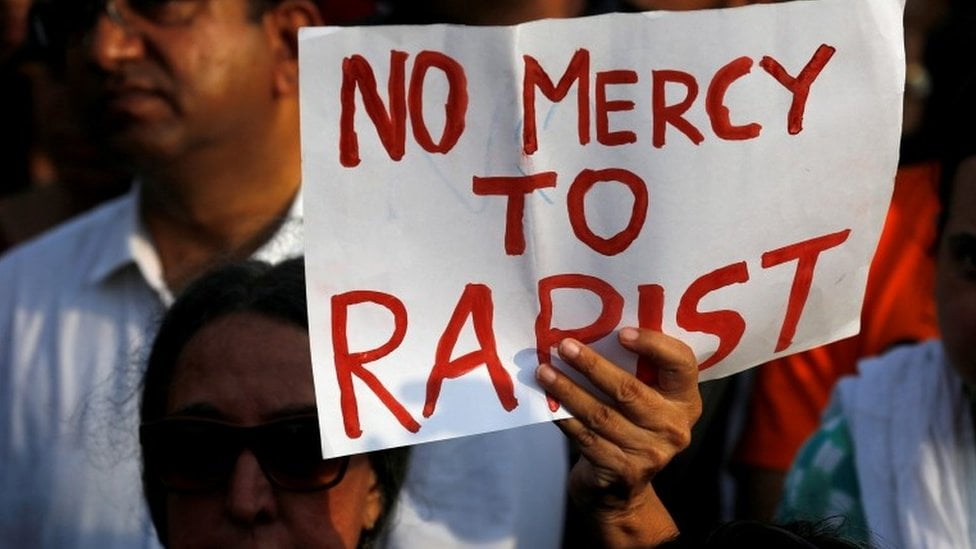
POSCO is aimed to safeguard children from being exploited. The Act is a comprehensive law enacted to protect children from a variety of sexual offenses such as sexual assault, sexual harassment, and pornography while safeguarding the child’s interests at every stage of the judicial process by introducing a child-friendly mechanism for reporting, recording evidence, investigation, and speedy trial of offenses through special courts. Under section 2(D), the legislation defines a child as someone who is under the age of 18. It defines several types of sexual offenses, including penetrative and non-penetrative assault, as well as sexual harassment and pornography. Any circumstance, even marriage does not validate any kind of exploitation of the minor.
The Court said that the Muslim Personal Law (Shariat) Application Act, 1937, statutorily acknowledges that the Muslim Personal Law (Shariat) should be the norm of determination in all matters connected to marriage (Shariat). However, with the introduction of the Prohibition of Child Marriage Act in 2006, it becomes unclear if the aforementioned personal legislation takes precedence over the special marriage act.
“When the provisions of a statute are repugnant to, or contrary to, customary law or personal law, the statute will prevail in the absence of any specific exclusion of the said personal law from the statutory provisions, and the personal law or customary law will be abrogated to the extent of the inconsistency.”
Kerala High Court
Even though state intervention in religious personal laws is debatable, personal laws cannot be a refuge to entertain exploitation. Historically, child marriage in India has always been a question of concern. The Delhi High Court issued a split verdict this year to decriminalize marital rape in the country. While Justice Rajiv Shakdher overturned Exception 2 of Section 375 of the Indian Penal Code, which decriminalized rape inside marriage, Justice C. Hari Shankar affirmed its constitutionality.
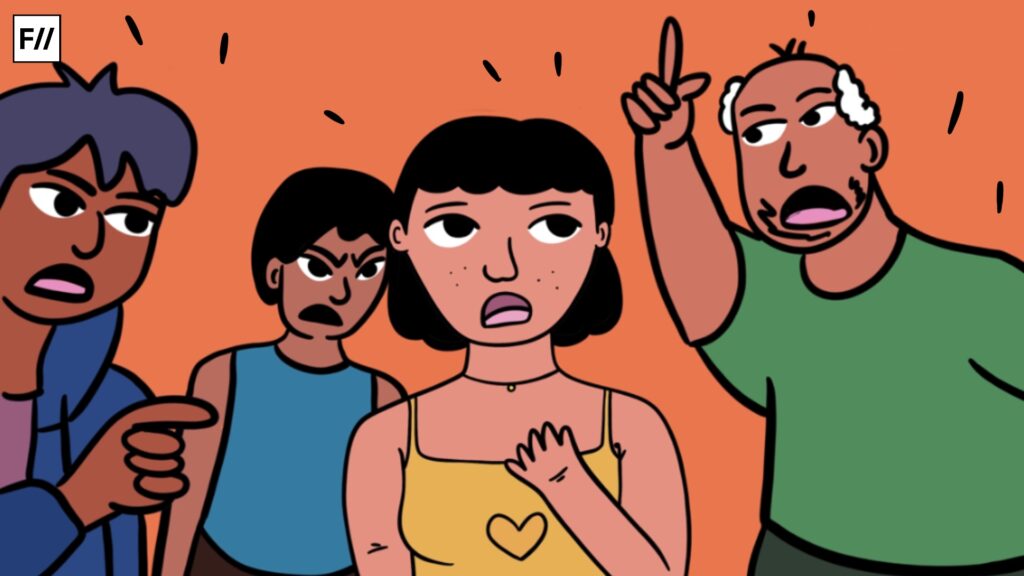
Section 375’s Exception 2 declares that sexual intercourse or sexual activities by a man with his own wife, the wife being 15 years or above, is not rape, which was rectified by the Supreme Court of India raising the age to 18 in October 2017. Marital rape, until lately, was not considered a criminal offense, even years after the incident of Phulmoni Dasi, the landmark case of colonial India. Phulmoni Dasi, a nine-year-old Indian girl, died on the first night following her marriage to Hari Mohan Mait, 30, in 1889. Phulmoni died as a result of marital rape, and the case resulted in the husband’s conviction in 1890, as well as various legislative reforms.
Also read: Disability-rights Activists Write to MWCD Objecting The Amendments To The POCSO Act
About this recent incident, the Kerala court stated that the progress of the society has made people more aware of the exploitation of minors and the minority. The act was in response to the need to save vulnerable children from sexual predators. Sexual exploitation happens under the banner of marriage. The Court also stated that “ when the provisions of a statute are repugnant to, or contrary to, customary law or personal law, the statute will prevail in the absence of any specific exclusion of the said personal law from the statutory provisions, and the personal law or customary law will be abrogated to the extent of the inconsistency.”
As a result, it ruled that the supposed marriage between the man and the victim cannot be relied on as a legally recognized marriage. Furthermore, the legislative goal indicated in the POCSO Act is to outlaw physical relationships with children, even when disguised as marriage.
About the author(s)
Simantini Sarkar is a student, writer, and feminist, as well as a literature and film enthusiast. She has completed her Bachelor’s degree from Bethune College, Kolkata, and her M.A. in English from Savitribai Phule Pune University. She writes for various online and offline magazines and is a budding translator. Simantini is also an aspiring research student. Her interests include topics
related to gender, women, politics, and pop culture.
